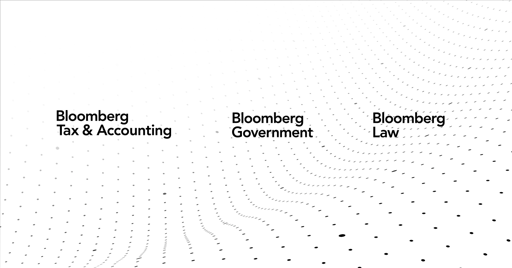A Belgian agency ruled that the government’s sharing of Americans’ financial information with the IRS [Internal Revenue Service, the United States federal government, which is responsible for collecting U.S. federal taxes] under a US law violates European data protection laws.
The US Foreign Account Tax Compliance Act, or FATCA, requires reporting of foreign bank account information to the US agency.
The Belgian Data Protection Authority issued the ruling Thursday, saying sharing of this data in accordance with FATCA violated provisions in the EU General Data Protection Regulation, and it gave the Belgian government one year to bring its data-sharing into conformity with the GDPR.
- The authority initially blocked the sharing of data in 2023, in a case brought by the Accidental Americans Association of Belgium. A Brussels Market Court reversed the decision and sent it back to the authority later that year.
- The Association of Accidental Americans President Fabien Lehagre said his group welcomes the decision, which he said will stop the data transfers, but he decried the decision to give the government a year to comply. “Accidental Americans” are people who hold US citizenship by virtue of their birth but are established overseas.
- “Data protection cannot accommodate a political or administrative timetable,” he said. “Transfers must cease immediately.”



I should probably point it that I’ve never claimed to be Belgian - actually I’m not - so I’m not compelled to vote, though that’s still something I want to do. I’m just predicting that if a European court strikes down the Belgian law, my country’s FATCA law is perhaps not very likely to be deemed much more legally sound than the Belgian FATCA law. Though, IANAL. I might be overreacting.
In order to access my Internet banking service, I need a valid bank card of some variety (credit, or debit). My bank needs to know how to get a new one to me, once the old expires. (So far they’ve done this without complaints).
My country’s residency register does inform the banks automatically about my registered address. I cannot tell the government and expect the bank to not know (if the bank is incompetent enough not to know what to do about with that information, that’s a different story, and that is for a different day).
While I haven’t looked closely at what it would take to be allowed to take up residency in Canada, my impression is that it is quite difficult indeed. Add to that, that I’m married to an American with family connections near where we are living, and moving is even harder.